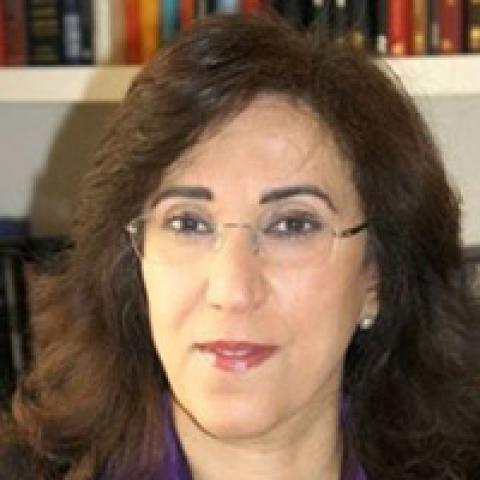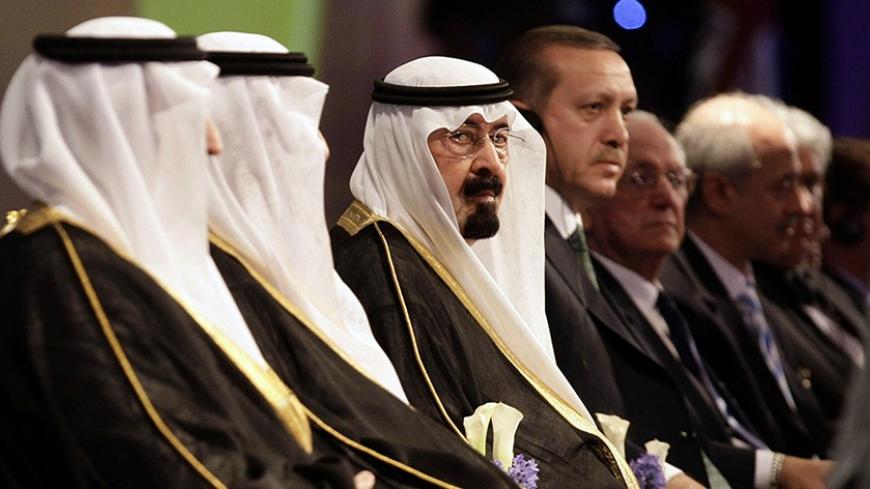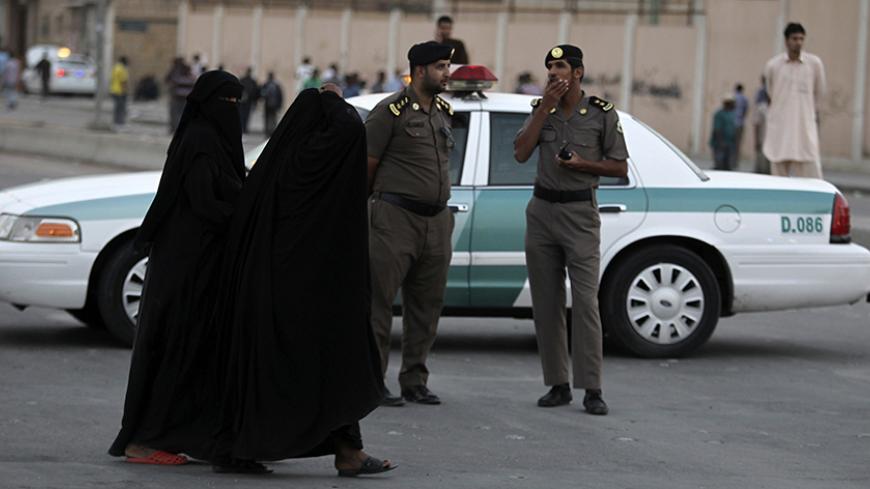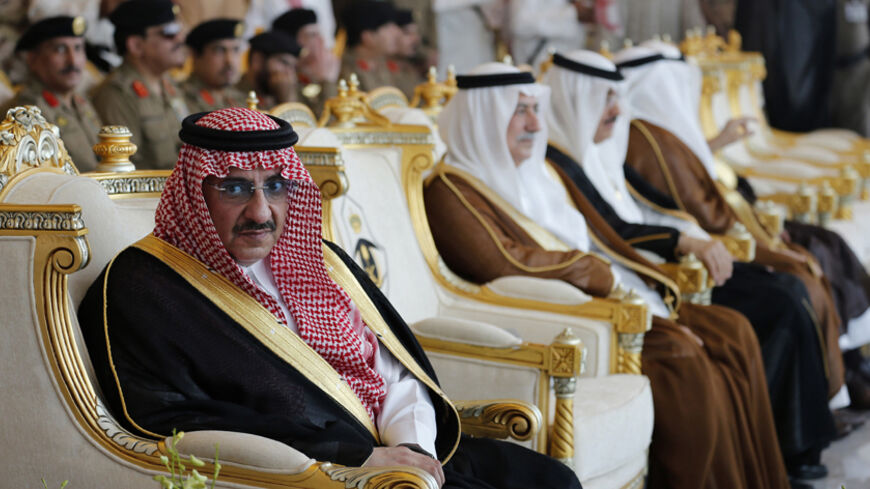Saudi National Day Masks Contradictions in Culture and Identity
The power and pomp that will be on display on Saudi National Day on Sept. 23 will mask broader contradictions in the Kingdom’s national identity.

Saudi Arabia is preparing to celebrate its national day on Sept. 23, marking the unification of the country in 1932. The occasion is an opportunity to emphasize patriotism and national identity with a display of power and pomp for all to see. Yet Saudi national identity remains ambiguous and contested by linking the nation to the ruling Al-Saud family and its achievements instead of recognizing the past and diversity of the people. More important, the celebration takes place within the context of a people being encouraged to feel at odds with their past rather than reconciled to it.
Saudi Arabia was unified after 30 years of wars, from 1902 to 1932, in which people were recruited to fight under the pretext of purifying the land by banishing all signs of blasphemy, religious innovation and heresy. The unification of Saudi Arabia was considered a jihad to spread true Islam. From the beginning, it would be an endless, outward-looking project with its mission fought in the name of God.







